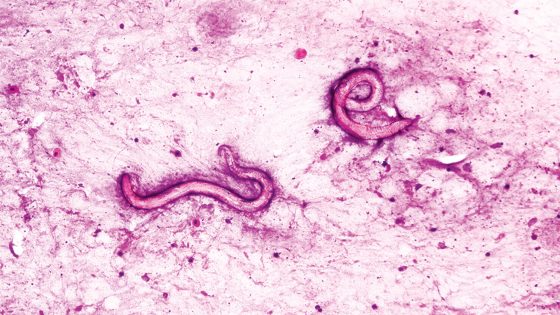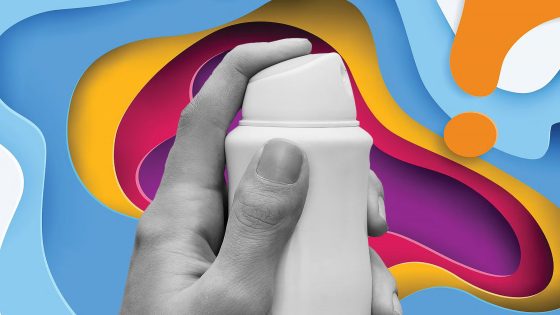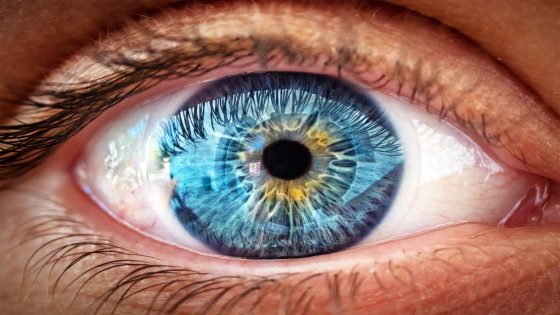Recent findings from the University of California, Berkeley, reveal a fascinating aspect of cognitive health. Researchers have identified a cognitive bias, termed “doubling-back aversion,” which affects our decision-making processes. This bias can hinder our ability to make efficient choices, impacting our mental well-being.
- New cognitive bias named "doubling-back aversion"
- People avoid retracing steps for efficiency
- Similar to sunk cost fallacy in behavior
- Study involved over 2,500 participants
- Virtual reality tests demonstrated the bias
- Findings may explain stubborn decision-making
Published on May 15, 2025, in Psychological Science, the study shows that people often resist taking a more efficient route if it requires retracing their steps. This reluctance can lead to unnecessary stress and frustration, as individuals prioritize their past efforts over better options. How often do we let stubbornness dictate our decisions?
This research highlights an important question: how can we overcome this bias for better mental health? Understanding our cognitive pitfalls can empower US to make more informed decisions. Consider these recommendations:
- Practice mindfulness to recognize when you’re avoiding better choices.
- Reflect on past decisions to identify patterns of doubling-back aversion.
- Seek advice from others to gain perspective on your choices.
As we navigate life’s choices, being aware of biases like doubling-back aversion can help us make healthier decisions. Let’s strive for a more efficient path forward.
















![[Adobe Stock]](https://news.faharas.net/wp-content/uploads/2025/07/Ketogenic-Diet-Boosts-Brain-Blood-Flow-by-22-and-BDNF-230x129.jpg)
















